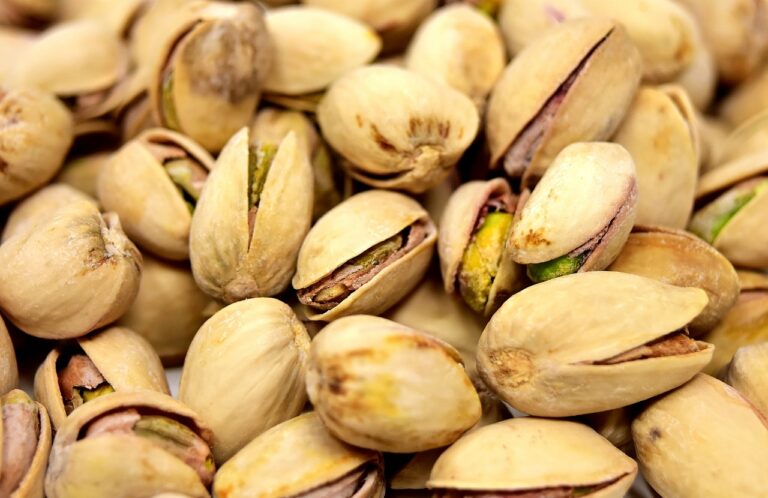Analyzing the Role of Food Industry in Supporting Sustainable Agriculture
Sustainable agriculture plays a crucial role in ensuring the long-term health and viability of our food systems. By utilizing methods that prioritize environmental conservation, social equity, and economic viability, sustainable agriculture seeks to meet the needs of the present without compromising the needs of future generations. Through practices such as crop rotation, integrated pest management, and soil conservation, sustainable agriculture aims to protect natural resources and promote a more resilient and sustainable food production system.
Additionally, sustainable agriculture has the potential to address pressing global challenges, such as climate change, food insecurity, and loss of biodiversity. By promoting agroecological practices that work in harmony with nature, sustainable agriculture can help mitigate the impacts of climate change, enhance food security for communities around the world, and preserve essential ecosystems for plant and animal species. Embracing sustainable agriculture is not only essential for safeguarding the future of our food supply but also for fostering a more equitable and resilient food system for all.
Challenges Faced by Sustainable Agriculture
Sustainable agriculture encounters various hurdles in its pursuit of promoting environmental health and food security. One of the key challenges revolves around the adoption and implementation of sustainable practices by farmers. Transitioning from conventional to sustainable methods requires significant education, resources, and a shift in mindset. Lack of access to proper training and financial support often impedes the widespread adoption of sustainable farming practices.
Another obstacle faced by sustainable agriculture is the threat of climate change. With unpredictable weather patterns and increased instances of extreme weather events, farmers practicing sustainable agriculture must adapt their techniques to mitigate the impact of climate variability on their crops. Prolonged droughts, heavy rainfall, and the spread of pests and diseases pose significant risks to agriculture, emphasizing the need for resilient and adaptive farming practices.
• Farmers require education and resources to transition to sustainable practices
• Lack of financial support hinders widespread adoption of sustainable farming methods
• Climate change poses a threat to sustainable agriculture
• Unpredictable weather patterns and extreme events require farmers to adapt their techniques
• Prolonged droughts, heavy rainfall, and pest outbreaks emphasize the need for resilient farming practices
Impact of Food Industry on Sustainable Agriculture
The food industry plays a significant role in shaping the practices and outcomes of sustainable agriculture. With large-scale production and distribution networks, the food industry has a direct impact on the environment, natural resources, and overall sustainability of agriculture. The demand for mass-produced, highly processed food products often leads to unsustainable farming practices, such as the excessive use of chemicals and monocropping, which can degrade soil health and harm ecosystems.
Moreover, the food industry’s focus on maximizing profits and meeting consumer demands has led to issues like food waste and inefficiencies in the supply chain. This not only contributes to environmental degradation but also poses a challenge to achieving sustainable agriculture goals. Efforts to promote sustainable practices in the food industry, such as sourcing ingredients from local and organic farms or implementing waste reduction strategies, are crucial to mitigating the negative impact on sustainable agriculture.
What is sustainable agriculture?
Sustainable agriculture is a method of farming that focuses on producing food in a way that is environmentally friendly, socially responsible, and economically viable for future generations.
Why is sustainable agriculture important?
Sustainable agriculture is important because it helps to protect our natural resources, reduce the negative impacts of farming on the environment, and ensure that we can continue to produce food for future generations.
What are some of the challenges faced by sustainable agriculture?
Some of the challenges faced by sustainable agriculture include climate change, soil degradation, water scarcity, and the use of harmful pesticides and fertilizers.
How does the food industry impact sustainable agriculture?
The food industry has a significant impact on sustainable agriculture through its demand for large-scale production, reliance on monoculture crops, and use of synthetic chemicals. These practices can degrade soil health, contribute to water pollution, and reduce biodiversity.






